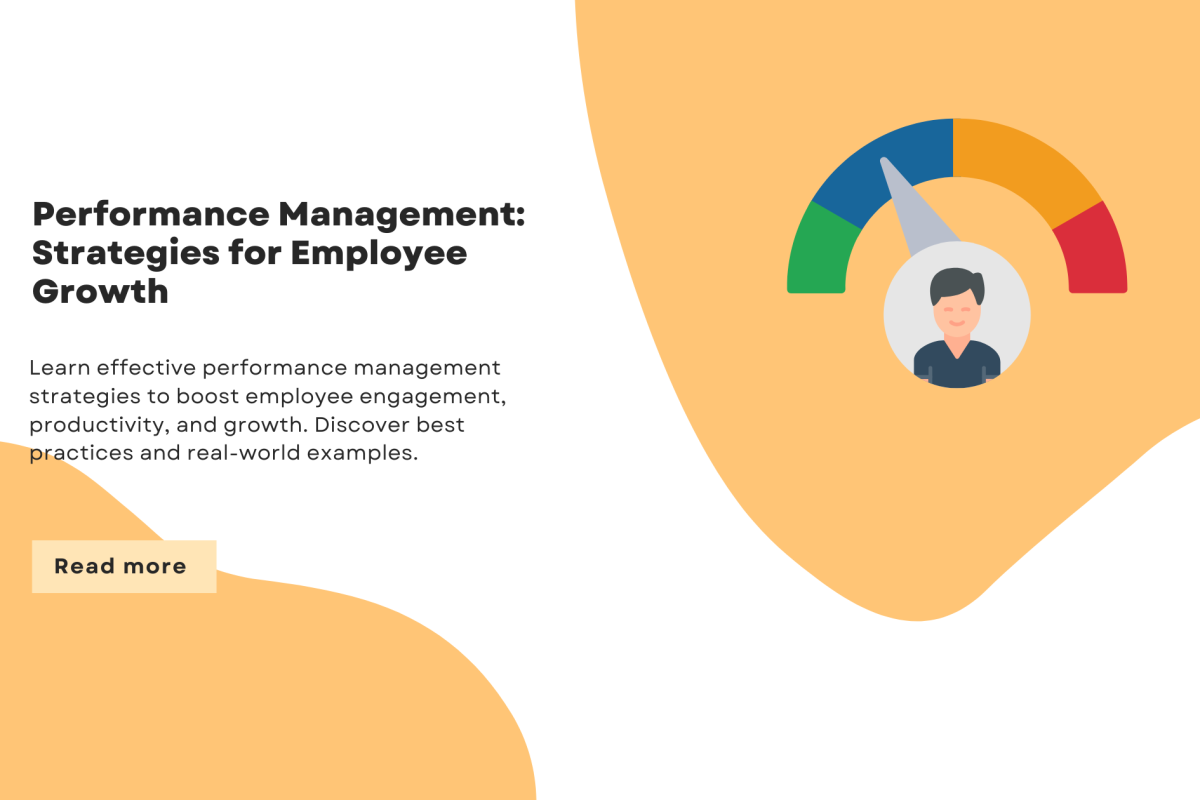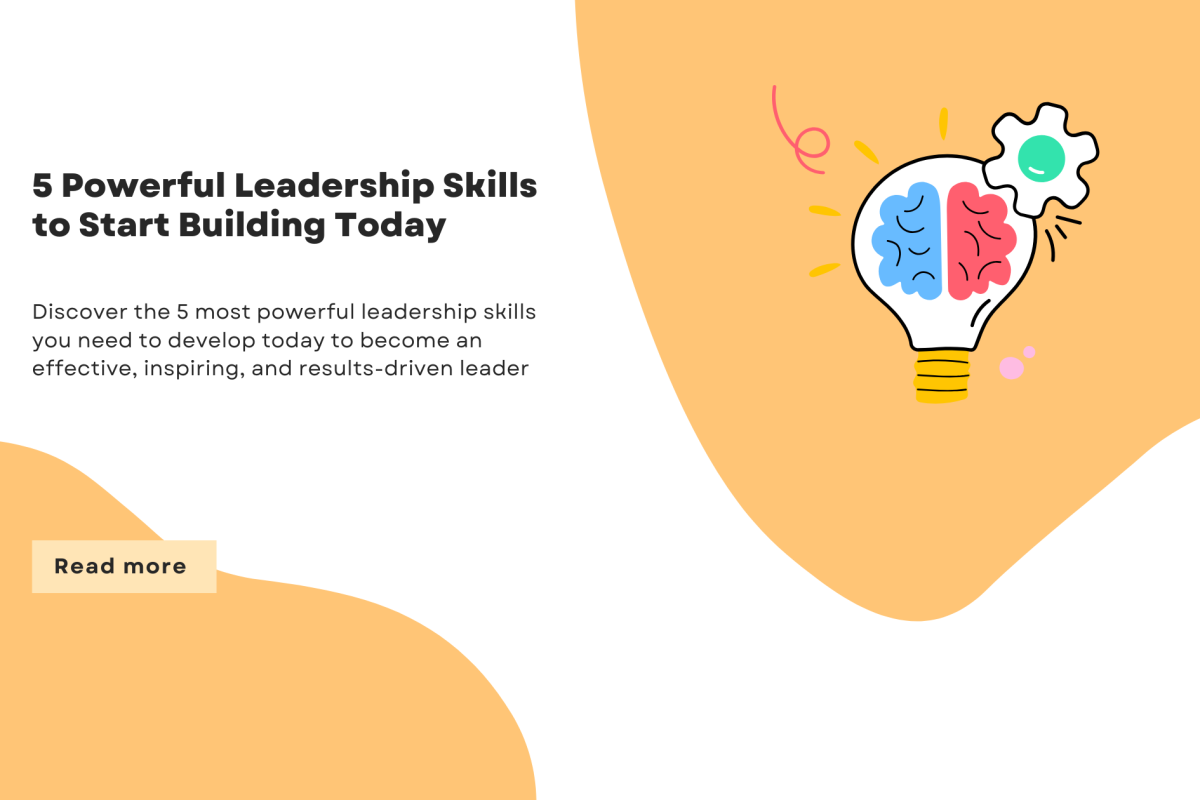Unlocking Your Inner Drive with Motivational Psychology: Ever wondered why some people seem endlessly driven while others struggle to take the first step? The answer often lies in Motivational Psychology—the science of what gets us going, keeps us focused, and fuels our progress. Understanding what drives human behavior isn’t just fascinating—it’s life-changing. In this blog, we’ll explore how applying psychological principles to motivation can help you push past resistance, stay focused, and reach your full potential.
What Is Motivational Psychology?
Motivational Psychology is a branch of psychology focused on understanding the internal and external factors that initiate, guide, and sustain behavior. From basic survival instincts to complex goal-setting, it explains why we do what we do.
This includes studying:
- Intrinsic Motivation: Doing something because it is inherently rewarding (like pursuing a passion).
- Extrinsic Motivation: Doing something for external rewards (like money or recognition).
- Goal Orientation: Understanding whether your motivation stems from growth or fear of failure.
- Self-Determination Theory: The role of autonomy, competence, and relatedness in staying motivated.
The Psychology Behind Staying Motivated
H2: The Role of Dopamine in Motivation
Dopamine isn’t just the “pleasure” chemical. It’s actually more about anticipation of reward than reward itself. Understanding this helps you build habits around progress, not perfection.
H2: How Motivation Changes Over Time
Motivation isn’t static. It ebbs and flows. Motivational Psychology teaches us to expect dips and use tools like:
- Visualization
- Habit stacking
- Positive reinforcement
Instead of waiting for motivation to strike, you build it.
How to Use Motivational Psychology in Daily Life
H3: Set SMART Goals with Emotional Anchors
Instead of vague goals like “get fit,” reframe them as:
“I want to feel strong, energetic, and proud of my discipline by working out three times a week.”
H3: Break Big Tasks Into Micro Wins
Your brain is wired to love small victories. Use micro goals to stay in motion and gain momentum.
H3: Use Accountability Systems
Share your goals. Social reinforcement is one of the most powerful motivators according to Motivational Psychology.
H3: Find Your “Why”
Simon Sinek made this famous, but psychology backs it. Deep internal reasons connect your goals to your values—making discipline easier.
Common Blocks to Motivation—and How to Beat Them

- Procrastination: Usually a fear of failure or overwhelm. Solution? Break the task into one tiny step.
- Perfectionism: Rooted in fear. Aim for progress, not perfect.
- Lack of Clarity: If you don’t know where you’re going, you won’t move. Set clear, emotionally aligned goals.
FAQs about Motivational Psychology
Q1: Is motivation something you’re born with or can it be developed?
A: Motivation can absolutely be developed. Just like muscles, motivational habits grow stronger with regular use and reflection.
Q2: How can I stay motivated for long-term goals?
A: Use visual reminders, celebrate small wins, and revisit your deeper “why” often to stay emotionally connected to your goal.
Q3: Can motivational psychology help with anxiety or depression?
A: While not a substitute for therapy, motivational strategies like behavioral activation and goal setting are used in psychological treatments like CBT.
Q4: How is intrinsic motivation different from extrinsic?
A: Intrinsic motivation comes from within (joy, passion), while extrinsic is driven by external rewards (money, praise).
Final Thoughts
Motivational Psychology isn’t just theory—it’s a toolkit you can use to redesign your life. Whether you’re building a business, writing a book, or working on personal growth, understanding the psychology of motivation will help you stay consistent, confident, and focused. Remember: Motivation doesn’t just happen to you. You can build it.
If you’re ready to dive deeper into mastering your motivation, visit 👉 subhamcharan.com



